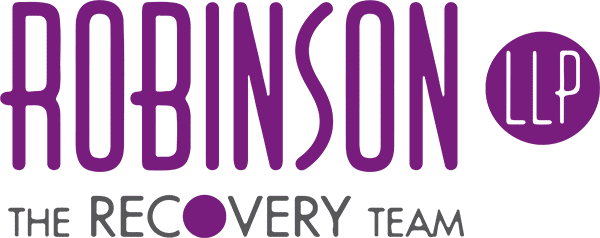Don’t Make These Personal Injury Claim Mistakes!
After an accident, the steps you take, as well as the ones you don’t, can seriously impact the outcome of your personal injury claim. Unsure of the next step, victims often make the same mistakes, making it more difficult to receive the compensation they deserve for their injuries. Here are eight common mistakes personal injury claimants make.

1. Failing to seek medical advice
It’s essential that you get checked out following an accident to make sure your injuries and their causes are properly identified. You might think you’re okay, but it’s a good idea to see a medical professional anyway. Many internal injuries can go undiagnosed or worsen over time if you don’t see a doctor. Without a medical record, it is difficult to prove the relationship between your symptoms and the actual accident.
2. Failing to follow medical direction
Seeking medical advice is a great first step, but you’re not quite done yet. You must continue to follow up and make sure you fully comply with all your doctor’s instructions. If your doctor has recommended a treatment and you ignore it, the other insurance company will suggest you are failing to mitigate your own losses, and your damage award may be decreased accordingly.
If you disagree with a treatment prescribed (maybe it is not helping or making you worse), see your doctor. Together, you can come up with a new plan that you can follow. Don’t give the other side a reason to believe you were feeling better or weren’t actually hurt in the first place.
3. Failing to gather or retain important evidence
After your accident, if you are physically able, take photographs of the scene. Document anything fleeting and relevant: cracks in the sidewalk, the presence of ice, skid marks, car damage, and your injuries. In many instances, a picture really is worth a thousand words! If there are any witnesses to the accident, get their names and contact information.
Keep everything related to your slip and fall or motor vehicle accident! Here are a few examples to keep track of:
- Police report
- Health expenses relating to treatment
- Text communications
- Correspondence and emails relating to time off work
- Receipts for assistance with duties you are unable to perform due to injuries
4. Speaking with the insurance company representing the at-fault driver without representation
The job of the other side’s insurance company is to minimize your losses, and they will use any information you provide to do so. They are NOT entitled to a statement or to information from you. They have an adverse interest and nothing you can tell them is going to help your claim. The same applies to giving consent to access your medical or employment information.
5. Misrepresenting injuries
When you see a medical professional, you must be able to accurately detail all of your health problems. If not, you will not be compensated for them. On the other hand, exaggeration can make you look histrionic at best and a liar at worst.
Don’t try to hide or minimize pre-existing health issues. All of your past health records are relevant and producible in your lawsuit. If the insurance company discovers this, it will cast doubt on your truthfulness and could impact your personal injury case.
6. Giving overly definitive evidence
Never say “never” unless you are completely sure of the fact. If you are asked whether you have been able to undertake a specific activity after the accident, the other side most likely has evidence of you doing the activity.
If the answer is “hardly ever” or “I can do it but it hurts”, that’s a lot different than “never”. If you don’t know for sure, don’t guess or estimate anything. Saying “I can’t recall” or “I’m not sure” are perfectly acceptable responses.
7. Ignoring the pitfalls of social media
If you file a personal injury claim, you can expect to be investigated by the insurance company representing the at-fault party. Anything you post online, even on a private account, believe it or not, can be used against you as evidence. Even seemingly innocent information can be taken out of context to make a case against you. Be extremely cautious with what you put on social media if you are pursuing a legal claim!
8. Not hiring personal injury lawyers
You may assume that insurance companies will handle everything if you’ve been in an accident, but we highly recommend that you consider hiring personal injury lawyers (as early as possible) to ensure that you receive proper compensation. You will likely not be fully or appropriately compensated if you have not retained legal services. Reach out and schedule a free consultation at our law firm.
As personal injury lawyers in Edmonton, we are advocates for our clients who have suffered a personal injury and have questions, we’re here to help. Contact RobinsonLLP today!
Editor’s Note: This article was originally published in June 2015 and was updated in March 2023.
